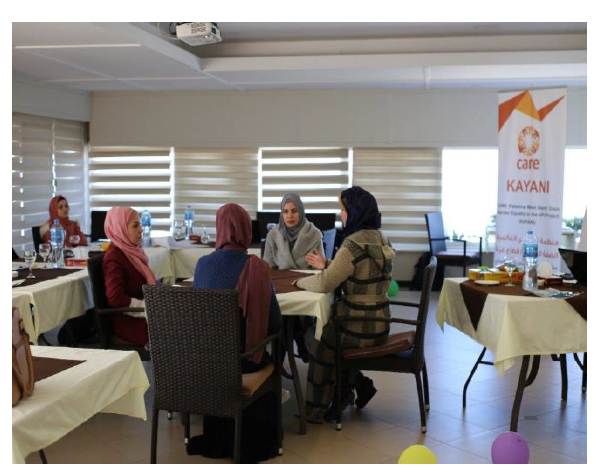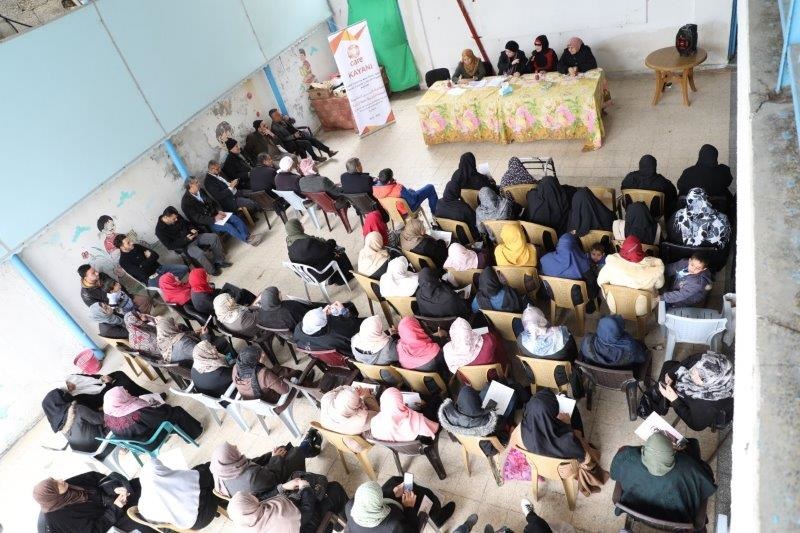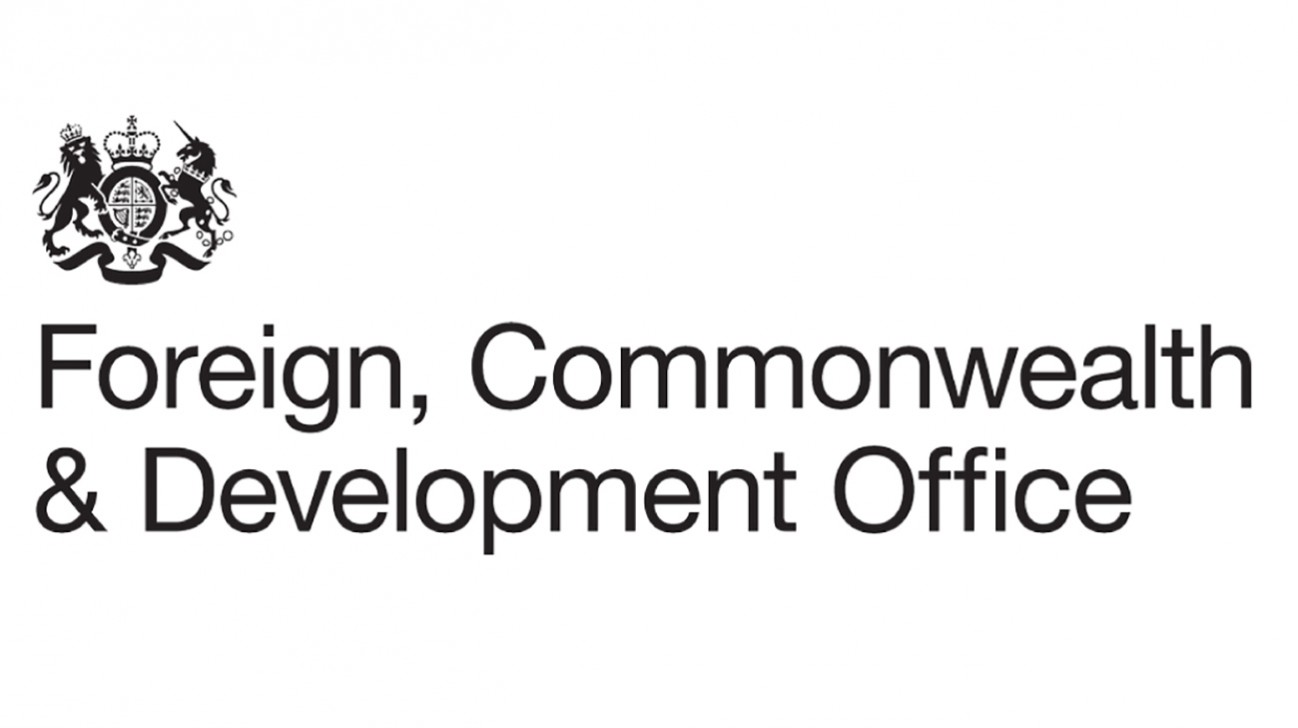
Today marks 20 years since the UK led the first ever UN Security Council Resolution on Women, Peace and Security. It’s an important moment to champion the crucial role women can play as actors and decision-makers at all levels in peace and political processes.
Women’s participation in peace processes is essential. For reasons of equity and inclusivity of course, but also simply because peace agreements that were negotiated with the participation of women are more successful. They go deeper in addressing the wounds and trauma of war. They address the causes of the conflict, have transitional justice arrangements and consider the needs of the populations. They are more lasting, more enduring than the kinds of power arrangements that are negotiated when only the warring parties are at the table.
In fact, when women meaningfully participate, the resulting agreement is 64% less likely to fail and 35% more likely to last at least 15 years.

I started my career working for the International Committee of the Red Cross in various conflict zones. I have seen the power of women’s voices in conflict prevention and resolution. In Bosnia, we were negotiating the return of missing people at the end of the war and the three sides were, in turn, blocking the negotiations. Really difficult, 10-hour meetings trying to reach agreements were going nowhere. My boss who was running the negotiation brought in some of the women victims as witnesses and that completely transformed the talks. Suddenly all sides had in front of them the widows and mothers present in the room, speaking up, holding the negotiators to account. Only at that stage did the negotiations progress and we were able to make some agreements.
That early career experience has stayed with me. It has deeply shaped my outlook on peace and security and on the UK government’s work through the Conflict, Stability and Security Fund (CSSF).
In Yemen, the CSSF has been supporting the Yemeni Women’s Pact for Peace and Security to increase women’s leadership, participation and inclusion in official peace processes. Thanks to the combination of CSSF funding and UK diplomatic engagement with the United Nations (UN) and Yemeni conflict parties, the group now has the official status of a consultative body for the UN Secretary General’s Special Envoy for Yemen. Their voices are being heard.
In Georgia, the CSSF funded UN Women to improve women’s participation in peace processes around the Abkhazia and South Ossetia conflicts. The programme helped build capacity among women activists in grassroots organisations and in communities of Internally Displaced Persons (IDP). The goal here was simply allowing these women access to peace negotiations.
Too often, access is complicated. It’s important to empower women to be present and to find culturally sensitive ways of doing it. Often women have had less access to education or don’t speak English. There are barriers to be systematically addressed.

In the Occupied Palestinian Territories, the CSSF is enhancing Palestinian women’s ability to achieve public sector leadership positions in order to support a more inclusive, representative society. The project has provided legal counselling on workplace discrimination to improve women’s access to justice; and has helped establish four Women’s Leadership Councils in refugee camps in the West Bank and Gaza to support refugee women and girls’ meaningful participation in decision-making processes.
The CSSF has earmarked funding in this Financial Year (2020/21) to increase the scale and value of our Women, Peace and Security work, and specifically for the implementation of the UK National Action Plan on Women, Peace and Security in the government’s focus countries, with the instruction this should lead to sustained investment in this area of work.
The CSSF’s commitment to Women, Peace and Security recognises that conflict prevention, peacebuilding and sustainable development are simply not possible without the full and equal participation of women in all levels and spheres of decision making.








